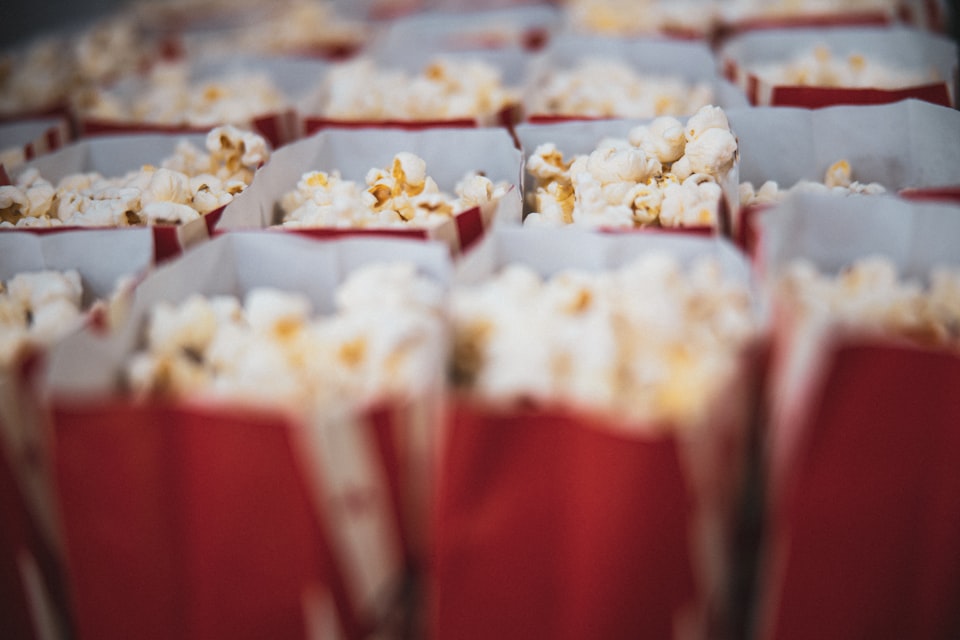Russian Entertainment Spending is Up (which might be bad news for Putin's economy)

Vladimir Putin appears to be riding high. He won the recent presidential election handily (even if it was hardly fair), Ukraine is struggling to find fresh troops, and some observers are arguing that his economy is “defying the doomsayers.”
The real story is, as usual, more complicated. The FilterLabs.AI team has been time digging into behavioral and discursive data to see what might be going on beneath the surface. As we looked through what Talisman unearthed, we identified a few disconcerting economic and social trends. This week, we'll focus on one in particular: entertainment spending.
Spending Like There’s No Tomorrow
Russians’ entertainment spending is twice as high as it was two years ago. Entertainment spending was relatively stable until the summer of 2023, when it started to climb precipitously:
What could explain the sudden rise of entertainment spending? One answer could be fears about inflation.
As we noted in our recent report, “Anxious Empire: Russian Vulnerabilities,” year-over-year inflation in Russia has risen from just over 2% to nearly 8%. The summer 2023 uptick in entertainment spending comes several months into a sustained inflation rise.
Correlation doesn’t prove a causal relationship, but it would make sense that discretionary spending might increase with and even beyond inflation if consumers think inflation is going to keep rising and further reduce their spending power. Inflation reduces the value of money; a ruble today is worth more than it will be tomorrow, and if inflation gets out of control, a ruble today may be worth far more than a ruble tomorrow. So why not spend it now, and get more for your money? Because of this, rising prices can make discretionary spending rise, too.
Indeed, Russians aren’t only spending more on entertainment. In our analysis for “Anxious Empire,” FilterLabs also found increased spending on clothing, house repair, and restaurants—increases that show even when, as in the graphs presented here, the spending data are adjusted for inflation.
We don’t see spending increases outpacing inflation to the same degree in non-discretionary categories. Consider supermarkets, for example:
The spikes over New Years’ and subsequent declines are a typical seasonal pattern, since the holiday is traditionally a time for big dinners and parties. Overall, the trend over the past eighteen months is relatively flat.
It looks as if inflation may be driving up discretionary consumer spending in particular — areas where people have choices about what and when they spend. The danger for the Russian economy, of course, is that frantic spending will only push inflation higher, which could lead to more spending and inflation, until the whole economy crashes.
So higher entertainment spending, though it may seem like a positive at face value, could be one more indication that the Russian economy is in trouble. It’s hard to spin the spending trends as a sign of strong confidence in the economy on the part of the Russian people.
The election may have ended in Putin’s favor, and a war of attrition in Ukraine may favor the Russian military, but domestic affairs don’t seem exactly stable. Could it be these quieter vulnerabilities, more so than massive movements on the geopolitical stage, that will be the Russian president’s ultimate undoing?
